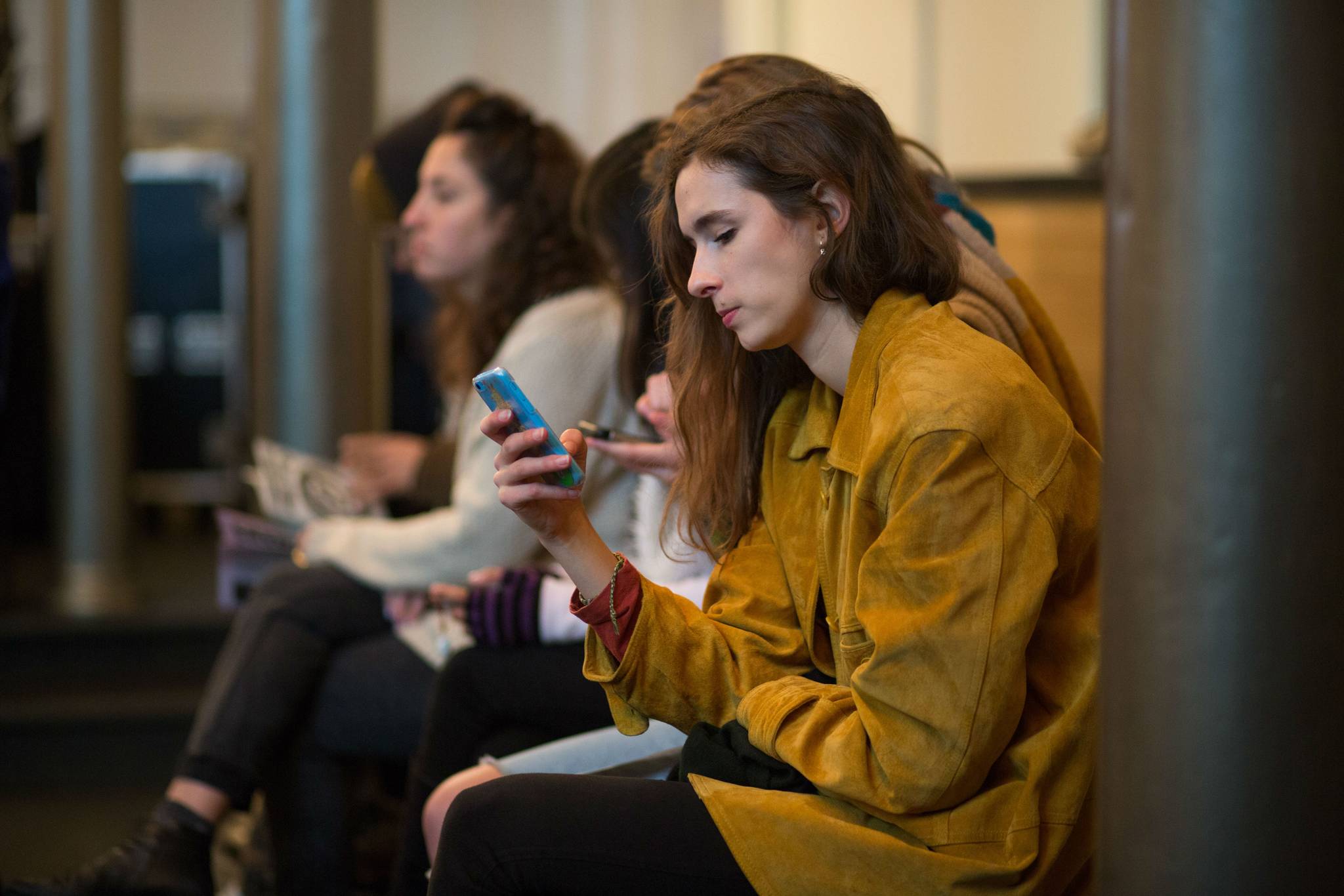
After Hollywood producer Harvey Weinstein was publicly accused of 32 incidents of sexual misconduct, social media feeds were flooded with a singular expression: #metoo. The hashtag went viral after actress Alyssa Milano used it to share her own experience of sexual assault in Hollywood, inspiring over half a million Twitter mentions of #metoo in just 24 hours. We explore the science behind why people find solace in a hashtag.
While some people used the hashtag cathartically to share their own experiences, others chose to post the slogan in solidarity without exposing themselves. One American is a victim of sexual assault every 98 seconds, but Lianna Brinded, Europe news editor for Quartz, notes that “fears of being disbelieved, shamed, ridiculed, having your name publicly tied forever to an ugly thing that happened to you” stop most victims from speaking out. The effectiveness of #metoo is double-pronged; while it develops awareness for those to whom sexual violence’s ubiquitousness is still shocking, its implicit call to share personal experiences is helping destigmatise these conversations.

People find solace in sharing for a variety of reasons. Social support is integral to how people process traumatic events, and even the act of talking about an event can help people ‘classify and organise’ their emotions, ultimately helping the experience to be more easily understood. “Social contact and conversations [...] lead to the provision of support and solidarity,” write Natalya Bazarova et. al in a study about the social sharing of emotions on Facebook. “Taken as a whole, this process can decrease stress and anxiety associated with negative emotions.”
Social media platforms – and digital media at large – have enabled people to share experiences outside of their immediate network, amplifying emotion-sharing’s beneficial effects. “People share intense emotions more widely [out of] a greater need to regulate [them],” continue Bazarova et. al. “Network-visible channels offer an easy way to share with many people compared to private channels, reducing the costs of communicating and the need for repeated interactions.” According to their findings, people feel more satisfied if they can redistribute the weight of an intense emotional experience – whether that’s through a network of trusted friends, or a mass of strangers who’ve signalled their solidarity.
“Sexual violence is unique in often stigmatising the victim, rather than the perpetrator of the crime,” said UN Deputy Secretary-General Jan Eliasson in a statement addressing crimes of sexual violence. And even in spite of the hashtag’s positive effects, it still requires victims to speak out in lieu of the perpetrators themselves. Concurrent campaigns, such as #IDidThat and #HimThough, aim to shift the focus on to those committing assault, creating room for increased accountability and education.
Alex Quicho is the Americas editor at Canvas8, which specialises in behavioural insights and consumer research. Born in Boston and raised in Manila, she graduated from the Royal College of Art with an MA in critical writing. She loves to read and write about art, power, and the future.



